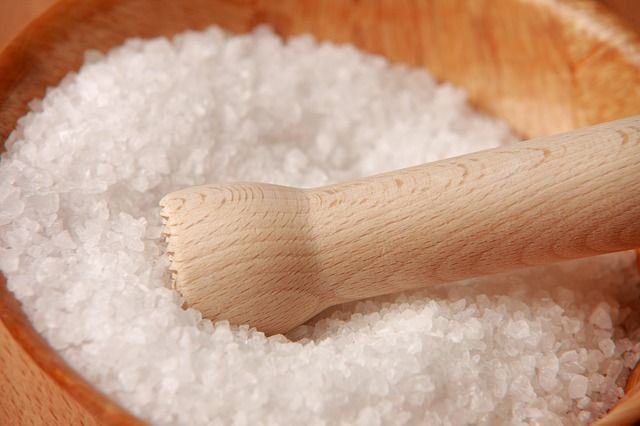Help Lower Your Blood Pressure Reading By Avoiding This Food
KEY POINTS
- Not being able to control blood pressure can lead to certain health complications
- To prevent high blood pressure, one must avoid foods that could potentially increase your blood pressure reading
- One of the foods that you must avoid is salty foods
In high blood pressure, the force of the blood pushing against the artery walls is greater than it should be. Over time, when left unchecked, your risk of developing a host of serious diseases like stroke, heart, and kidney disease increases. To keep your blood pressure in check, you need to avoid a particular food.
Food to Avoid
High blood pressure is a preventable disease. According to the National Health Service, you can help avoid it by minimizing your salt intake. That means using the least amount of salt in your food.
Salt is one of the major culprits in high blood pressure. It increases the sodium amount in your bloodstream, wrecking the delicate balance of your system and obstructing your kidney’s ability to remove water. This excess water or fluid causes additional strain on your delicate blood vessels.

Among the foods found to have high salt contents are frozen fish and seafood. People who suffer from high blood pressure should avoid these types of food. Although seafood is generally considered healthy, frozen fish is usually brined in salt solutions to preserve its state.
According to Blood Pressure UK, salt can make your body retain unnecessary amounts of water. If you eat excessively, the extra water stored in the body can raise your blood pressure. If you already have high blood pressure, this can pose a huge problem. Aside from increasing your blood pressure, consuming too much salt can negatively impact the efficacy of blood pressure medicines like diuretics.
Recommended Amount of Salt To Consume Each Day
Health experts recommend eating no more than six grams of salt every day. To give you an idea of how much salt is six grams, it is approximately equivalent to one teaspoon.
Recent health data, however, showed that most people have been consuming at least eight grams of salt per day. If you have high blood pressure, this could potentially wreak havoc in your system.
Eating Less Salt
To reduce your salt consumption, Blood Pressure UK recommends several tips. Among these is not adding salt when cooking, sourcing extra flavors from herbs and spices, and using minimal amounts of low-sodium salt substitute.
You should also avoid table sauces such as mustard and ketchup as they can contain too much salt. The same goes for jarred cooking sauces. Breakfast cereals and some types of bread may also contain a lot of sodium. Try looking at the labels when comparing which brand to buy.
Avoid having processed and smoked meats and fish as they also contain too much salt. When eating out, try asking if your meal can be cooked with less salt. While this may not always be possible, it is worth asking. Finally, try to check online for low-salt recipes. You can experiment with them and see which ones work for you.
© Copyright IBTimes 2024. All rights reserved.





















